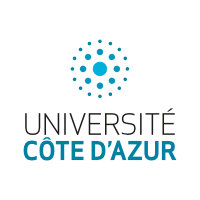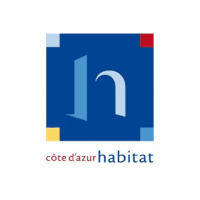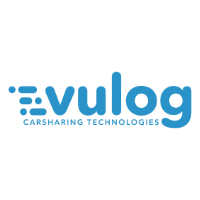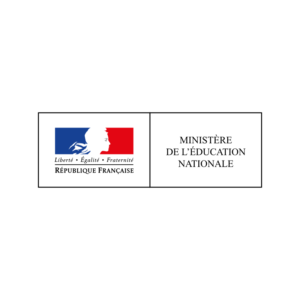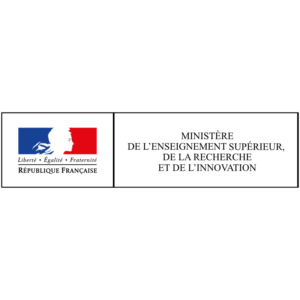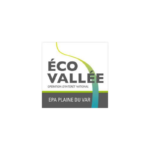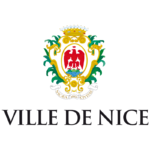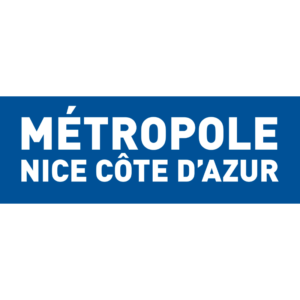IRIS
IRIS
Integrated and replicable solutions
for co-creation in sustainable cities
General goals
The IRIS project supports the lighthouse cities of Utrecht (NL), Gothenburg (SE) and Nice Côte d’Azur (FR) and the follower cities Vaasa (FI), Alexandroupolis (GR), Santa Cruz de Tenerife (ES) and Focsani (RO) to meet their urgent needs to provide cheaper, more accessible, more reliable energy and mobility services in their cities and to contribute to a better and more sustainable urban quality of life.
By demonstrating intelligent solutions that integrate energy, mobility and ICTs, anchored in a City Innovation Platform, IRIS quantifies their value and connects the interests of many stakeholders to innovative business models, enabling replication of integrated solutions for sustainable cities across Europe and globally.
Operational goals
To do this, IRIS is working on five Transition Tracks based on common challenges, encompassing 16 integrated solutions that cities can combine according to their characteristics and specific neighborhood needs.
- Transition Tracks 1, 2 and 3 aim to improve energy efficiency and maximize network flexibility by balancing supply and demand dynamically, using second life batteries and V2G storage to enable renewable energy generation and deployment of e-cars and e-buses.
- Transition Track 4 supports this through data sharing, a common architecture, the use of standards and governance practices that accelerate innovation, standardization and the implementation of affordable smart applications.
- Transition Track 5 integrates the interdisciplinary engagement and co-creation of citizens in Tracks 1-4, linking the needs of end-users with those of other stakeholders, to further support innovative business models.
The expected impacts of IRIS are an open innovation ecosystem that motivates citizens to act as prosumers; more effective urban planning and governance of integrated solutions; the exploitation of validated innovative business models based on multi-stakeholder collaboration; more stable, safer and more affordable energy and mobility services for citizens, with improved air quality.
National partners

News
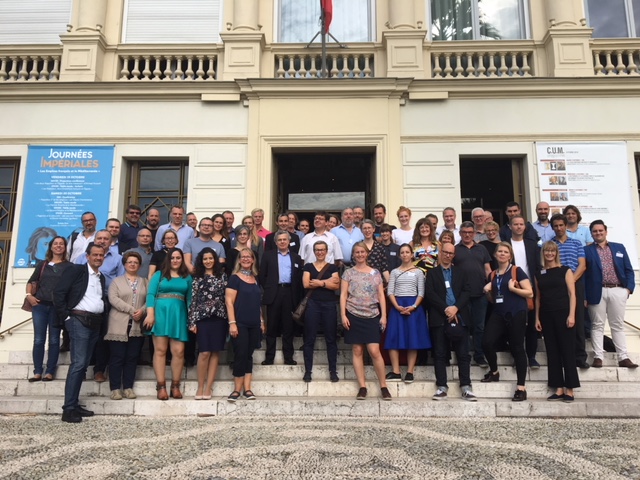
IRIS SMART CITIES PROJECT – MID-TERM EVALUATION
Last week, the IRIS Smart Cities project team presented the solutions developed at the mid-term of the project. The European Commission and the independent reviewer congratulated and encouraged the teams for their progress and collaborative work. As a reminder, the European IRIS project is focused on the search for new urban development solutions in the […]
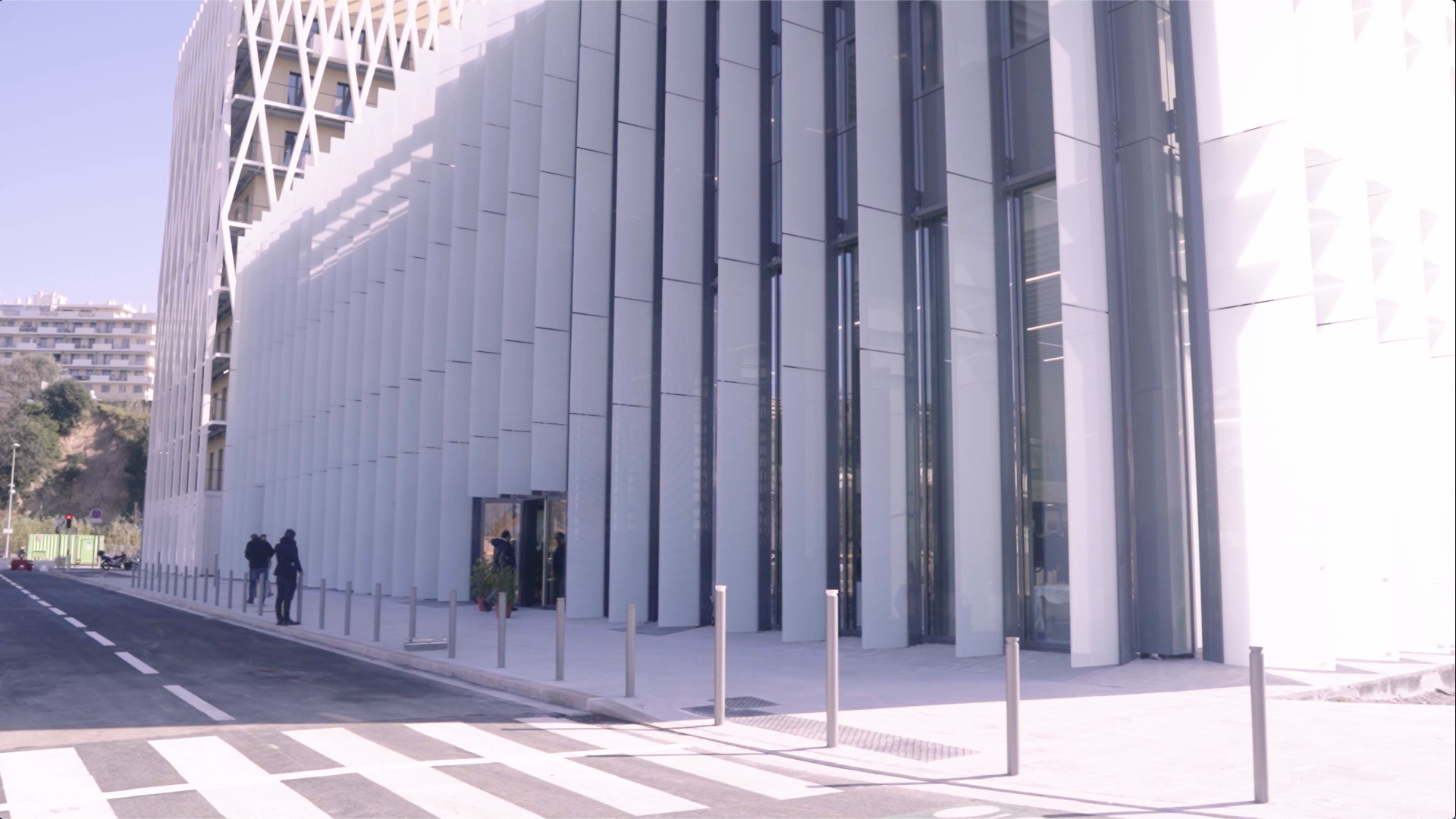
Université Côte d’Azur inaugurates the building of its first Institute for Innovation and Partnerships, the IMREDD
Open to the University Lane, this 5000 m² building is exemplary in terms of energy efficiency.
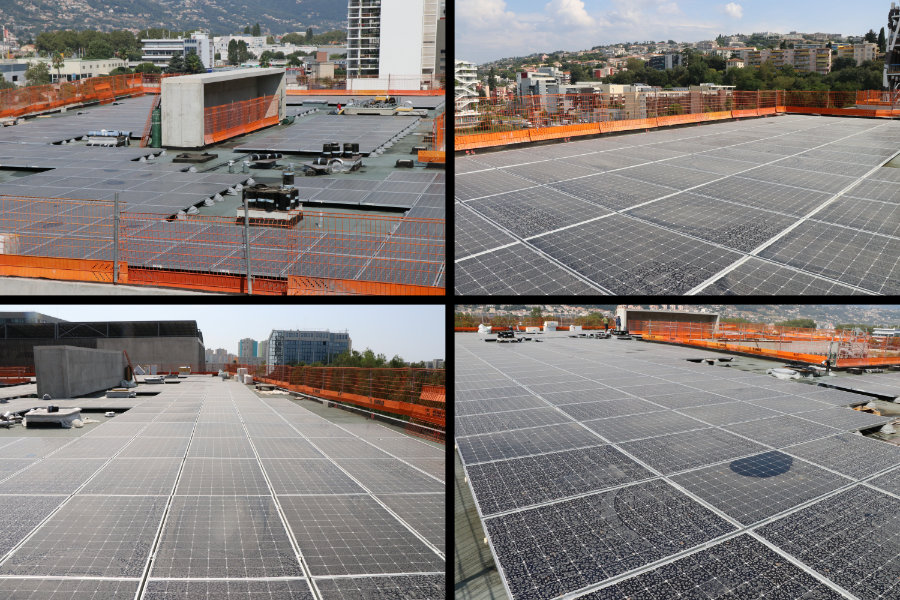
Installation of photovoltaic panels, first step of a microgrid in IMREDD’s new building
IMREDD has started installing photovoltaic panels on the roof of its new building, which now has a completion rate of around 80%.




